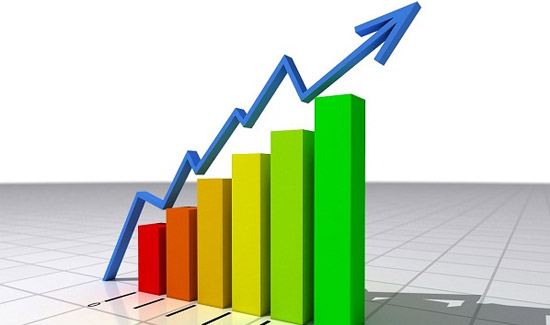The DR surpasses nations with strong economies, such as Argentina, Mexico, Brazil, Colombia, Peru, and Paraguay, with the highest GDP per capita PPP.
According to a list of 190 countries published by Global Finance magazine, the Dominican Republic has become the seventh richest country in Latin America and the Caribbean, with a Gross Domestic Product per capita measured in Purchasing Power Parity (PPP) amounting to US$27,120.
The country surpasses nations with strong economies, such as Argentina, with a GDP per capita-PPP of US$26,390, Mexico (US$25,963), Brazil (US$20,809), Colombia (US$19,770), Peru (US$16,631) and Paraguay (US$16,291).
The six countries that surpass the Dominican Republic are Panama, which leads the ranking with a GDP per capita PPP of US$44,797, Puerto Rico (US$43,219), Trinidad and Tobago (US$32,685), Chile (US$31,005), Uruguay (US$30,170) and Costa Rica (US$28,558).
Luxembourg tops the global ranking with a GDP per capita PPP of $143,743. Haiti, which shares the island of Santo Domingo with the Dominican Republic, ranks last in the region and 170th globally, with a GDP per capita-PPP of US$3,108.
The Dominican Republic has positioned itself as the seventh most prosperous country in the region and the seventy-first in the world thanks to the vibrant economic growth it has registered in decades and the stability of its currency.
It is relevant to point out that purchasing power parity has a special value when comparing wealth between countries because it is one of the most appropriate measures. Unlike nominal GDP, it makes it possible to disassociate the abrupt variations that may exist in the exchange rate between a local currency and the dollar from one year to the next.
In other words, it is an indicator that eliminates what is defined as a monetary illusion, which is linked to an eventual devaluation or a rather sudden revaluation of a given currency against that of the United States. This is especially true considering that most of the inhabitants of a given nation receive their salaries and make their purchases with their currency instead of using dollars, although imported goods are expressed in dollarized prices.





